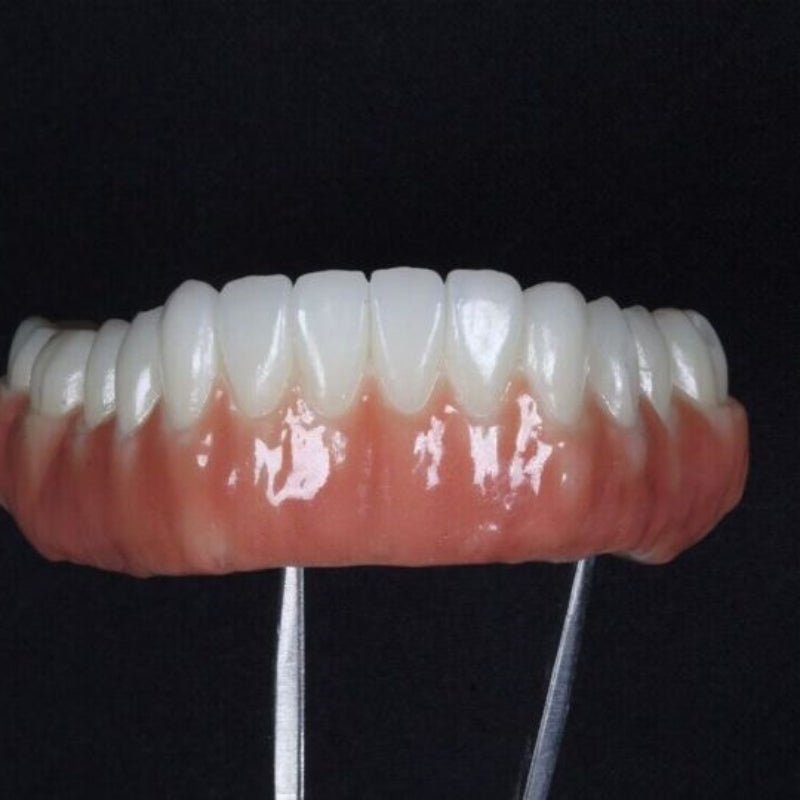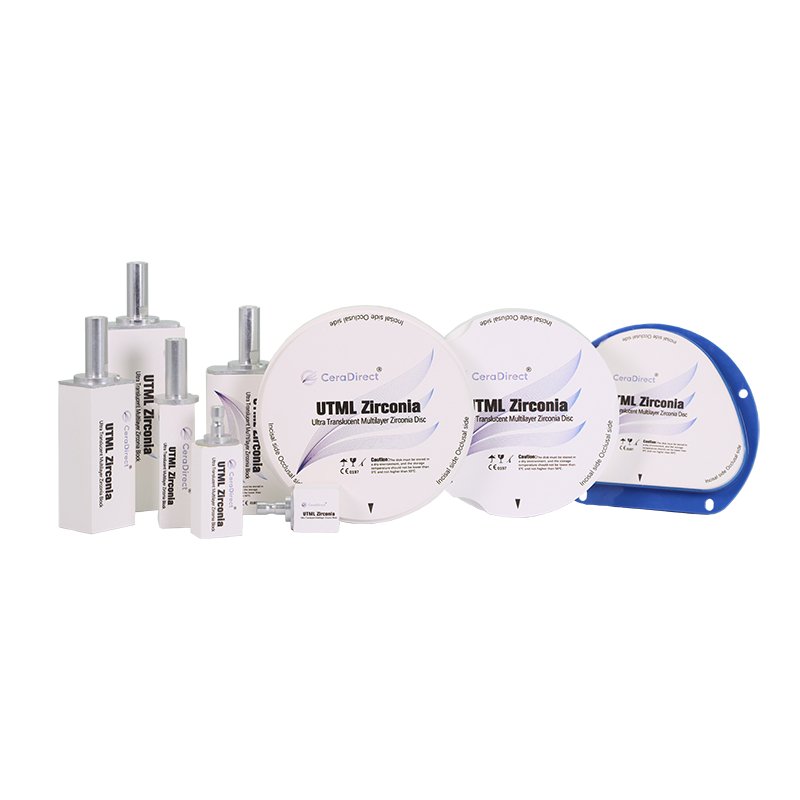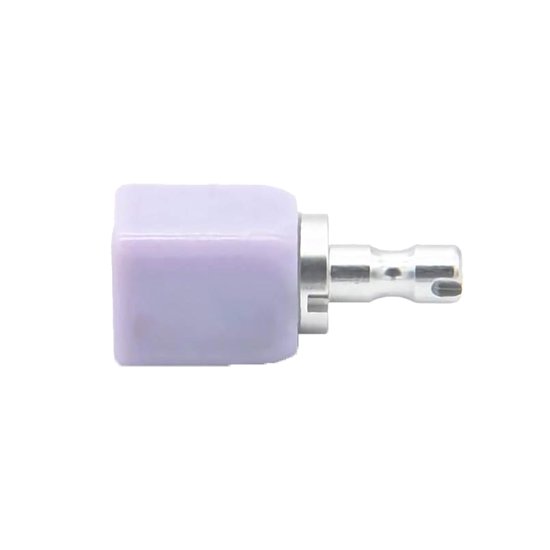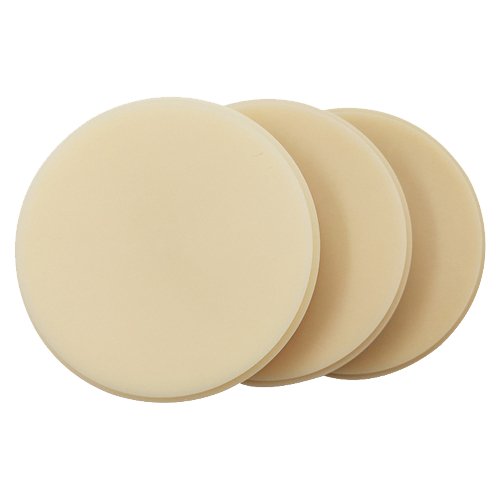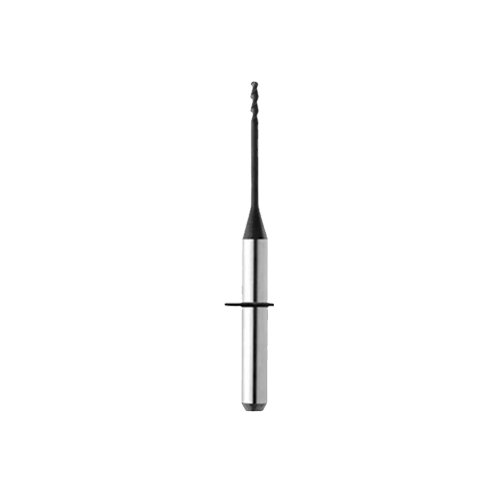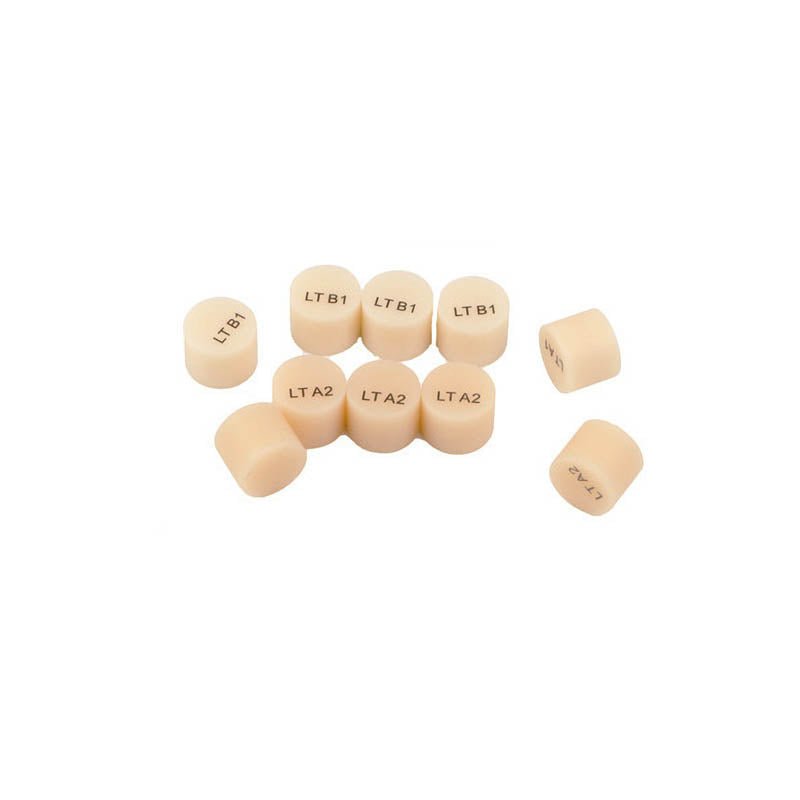Types of Zirconia Dental Crowns

Zirconia ceramic crowns come in variant types, each catering to specific needs and offering diverse benefits:
1. Solid Zirconia Crowns: They are extremely durable and thus suitable for replacing molars that bear intense chewing forces. However, its opaque appearance may not make it an ideal choice for front teeth restoration.
2. High Translucent Zirconia Crowns: These crowns exhibit increased translucency compared to solid zirconia, thereby closely mimicking the natural tooth. It’s commonly used for anterior teeth restoration.
3. Layered Zirconia Crowns: They exhibit the best aesthetics as they possess porcelain exterior layered over a zirconia core. However, porcelain may chip off, making them less durable compared to the previously mentioned types.
The Cost of Zirconia Dental Crowns
The cost of Zirconia crowns depends on various factors such as patient's case complexity, geographical location, practitioner’s experience, and additional procedures if required. On average, Zirconia crowns can range anywhere from $1000 to $2500 per tooth.
It's important to note that while Zirconia crowns may seem costlier than other options, their longevity and aesthetics often justify the higher upfront cost. Also, many dental insurance plans cover a significant portion of the cost of crowns, easing the financial burden on the patient.
Pros and Cons of Zirconia Crowns

Pros:
1. Strength: Renowned for its toughness, zirconia is the strongest dental crown material, which can withstand significant bite forces and rarely chip or fracture.
2. Aesthetics: High-translucent zirconia and porcelain-veneered zirconia crowns mimic the translucency and color of natural teeth, providing a pleasing aesthetic result.
3. Biocompatibility: Zirconia is bio-inert, causing minimal allergic reactions or sensitivities. Additionally, it does not transmit hot and cold temperature sensations to the tooth nerve, ensuring comfort for patients.
4. Longevity: With proper care, Zirconia crowns can last anywhere between 10 to 15 years or longer, proving to be a valuable investment in the long run.
Cons:
1. Adjustment and Fitting: Adjusting Zirconia crowns can be time-consuming. Moreover, a dental professional needs to remove considerable tooth structure to fit the crown.
2. Tough on Opposing Teeth: Due to their hard nature, Zirconia crowns might cause more attrition to the opposing natural teeth.
3. Cost: As mentioned earlier, Zirconia crowns can be more expensive than other crown alternatives.

Conclusion
Today's era of appealing yet durable restorations would be inconceivable minus Zirconia dental crowns. While other materials can also create high-quality crowns, Zirconia crowns provide a perfect blend of strength and aesthetics that few other materials can match. Their ability to withstand bite forces and closely mimic natural teeth make them an ideal choice for many patients.
However, it's crucial to evaluate the pros and cons and understand that the choice of dental crown should be individualized, depending on various factors such as the location of the tooth, patient’s preference, aesthetic needs, and budget. It’s recommended to discuss these factors with your dentist to make an informed decision regarding your dental crown restoration. Remember, the goal is to enhance your oral health, function, and aesthetics, and Zirconia crowns are a great step in that direction.

